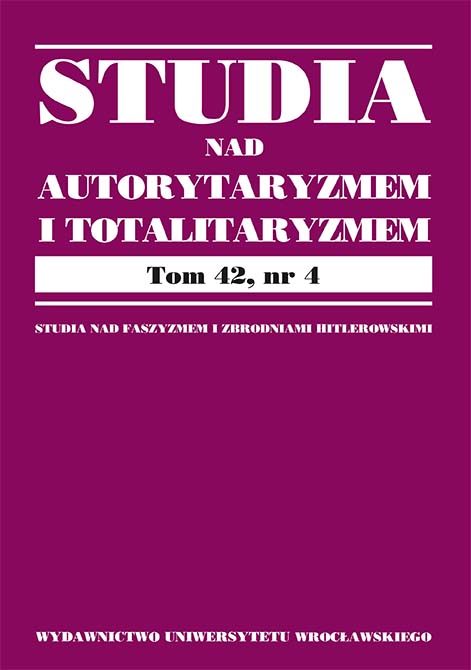

Articles

This text is my great personal polemic counter traditional interpretation of Thomas Hobbes’s political theory, seen as atheistic and the source of philosophy of the Enlightenment. In my interpretation Hobbes is an unorthodox Calvinist, voluntarist and fideist in religion, and his idea of the state of nature and political contract is the theoretical model of State only. As a fideist and voluntarist Calvinist is Hobbes the adherent of goomarism, i.e. nonorthodox Calvinist negation of human free will. Similarly, his vision of sovereignty is that human political power is not independent from his vision of an omnipotent God. It’s classical example of political theology formulated by Carl Schmitt in the twentieth century. The main theological-political analogy in his work is the theory that human power is only a reflex of the power of the Creator. For this Calvinist the power of God is irresistible, unlimited by the laws of nature. The theological-political reflex of the irresistible power of God is the irresistible power of the sovereign who cannot be limited by constitution, fundamental rights, or laws. For Hobbes, every human power is merely a reflex of divine irresistible power. In this vision the English philosopher acknowledges the rights of the sovereign to establish national confession and decide about Church, dogmas, rites and liturgy, his monopolisation of political and administrational decisions, negation of constitutional regimes, forbidding the right of resistance, and penalisation of the crime of atheism, i.e. negation of the irresistible power of God, and consequently, the same power of king, because the sovereign is Imago Dei.